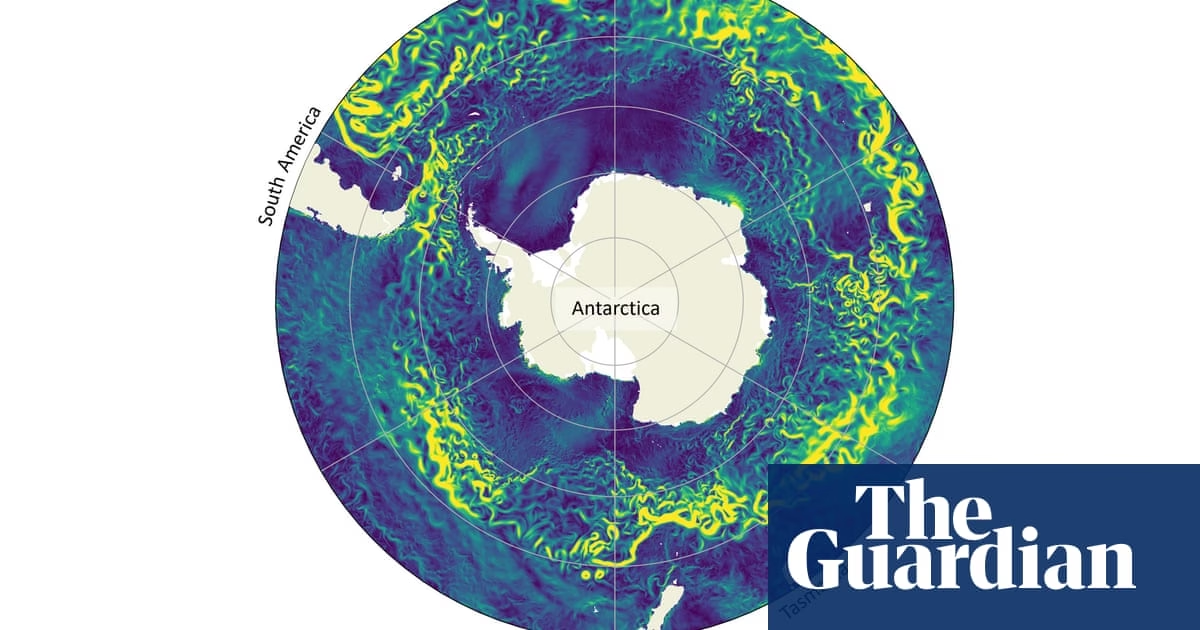According to an Australian-led study, the planet’s most robust ocean current is expected to decelerate by 20% by 2050 in a high emissions scenario, further hastening the melting of the Antarctic ice sheet and contributing to a rise in sea levels.
The Antarctic Circumpolar Current, a clockwise current which surpasses the strength of the Gulf Stream fourfold and connects the Atlantic, Pacific, and Indian Oceans, is crucial for regulating the ocean’s absorption of heat and carbon dioxide, and for protecting Antarctica from warmer waters.
Scientists employed Australia’s most advanced supercomputer and climate simulator, Gadi, located at the Access National Research Infrastructure in Canberra, to analyze how shifting temperatures, ice melting, and wind conditions might impact the Antarctic Circumpolar Current.
Their results, recently published in Environmental Research Letters, show a clear correlation between the reduced flow of the circumpolar current and the meltwater from Antarctic ice shelves. This finding followed closely on the heels of another study that predicted the weakening of vital Atlantic Ocean currents.
The team’s work suggests a substantial transformation of Southern Ocean dynamics, with potential far-reaching impacts on global climate patterns, oceanic heat distribution, and marine ecosystems.
Co-author Dr Bishakhdatta Gayen from the University of Melbourne called the findings “quite alarming,” stating that the release of cold, fresh Antarctic meltwater into the ocean played a key role in decreasing the density that drives ocean movement and slowing the circulation.
Dr Gayen warned of the ocean’s critical state, suggesting that a breakdown in this circulation could lead to heightened climate variability, extreme weather events in certain regions, and an acceleration of global warming due to the diminished ocean’s ability to absorb carbon.
Dr Taimoor Sohail, a co-author and climate scientist, indicated that this slowdown could create a vicious cycle, where warmer waters reach the Antarctic shelf, thus increasing ice melting and further weakening the circulation.
These changes could disturb ecosystems and marine food webs. The current also prevents invasive species from reaching Antarctica and redistributes them。
Dr Edward Doddridge from the University of Tasmania, not involved with the study, emphasized the importance of the research. Previous studies pointed towards acceleration in the northern parts of the Antarctic Circumpolar Current due to ocean warming, and this latest work suggests a different scenario.
Climate scientist Dr Ariaan Purich from Monash University, not part of the study, notes that significant changes are already underway in Antarctica’s waters. The yearly extent of sea ice has been historically low since 2022, and there is an accelerating rate of fresh water melting.
Understanding oceanic changes and their carbon absorption capacity, she argues, is crucial for accurately predicting land-based climate changes in Australia and preparing for these changes.








